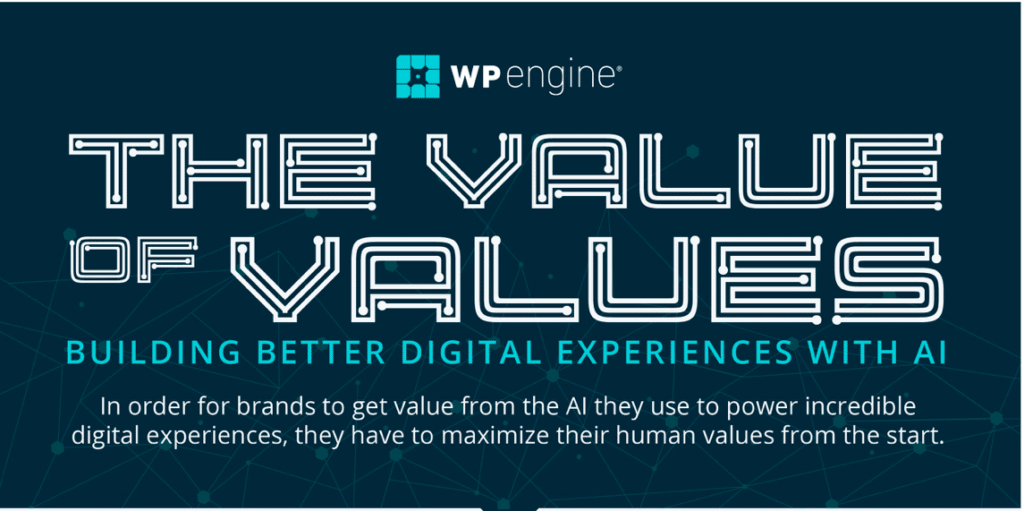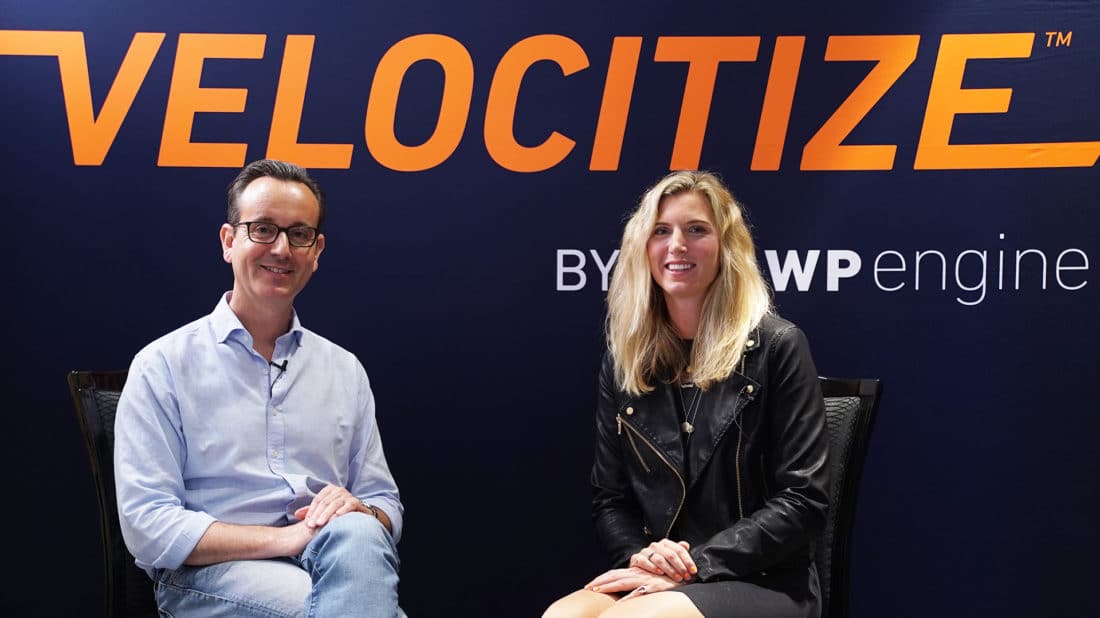You’ve got to remember that the largest credit card companies and retailers in the world get hacked. It happens. What matters is what you do when that happens. It’s a threat at all times.
Phoebe Scott is the Director of DevOps and Client Relations at Synctree, a cutting-edge, full-service mobile and web development firm. Scott is also Director of Operations at AppForce Support, Synctree’s sister company. At Synctree, Scott ensures that customers receive the most up-to-date services and technologies to grow and scale their companies.
In this episode of Velocitize Talks, Scott shares her thoughts on the role of blockchain in healthcare and the future of the digital experience.
Creating Laudville (2:05)
I wanted to solve a consumer problem but I didn’t realize that there are a lot of entities that have their own interests and you have to know what those are in order to grow properly and to not pose a problem.
Back in 2013, Scott created Laudville, a cross-media social entertainment site providing recommendations to consumers across all streaming platforms. However Scott encountered resistance from the major players in the space, like iTunes, Netflix, Hulu, and Amazon. While no longer in existence, Laudville paved the way for a gap in consumer search.
More and more consumers have begun to heavily rely on these types of services or apps to help them find the next movie or show they want to watch, as well as the best place and price to get it.
Getting personal with AI (6:39)
My guess is that it’s going to be AI that feels more and more personal from the way that it sounds to the way that it gets to know you, communicates with you, and understands you.

Scott believes AI is making it possible to do things more efficiently. There’s an element of human connection and natural serendipity that gets lost; the goal is to figure out how to merge the two together. A recent report from WP Engine and Dr. Chris Brauer of The University of London, The Value of Values: Building better digital experiences with AI, makes it clear that success requires brands to balance personalization with privacy.
Blockchain security (9:06)
When people first started talking about blockchain, nobody knew all of its potential applications. The one that was the clearest to me was what it could do to track your medical history. Before it was hard to do that in a secure way but now, with blockchain, it’s a very real possibility.

The blockchain technology market for healthcare is set to surpass $1.6 billion by 2025. Blockchain has become valuable to the medical field because it makes data resistant to alterations and modifications. It is able to privately handle large quantities of data in a secure and streamlined way.
Blockchain’s ability to keep an incorruptible, decentralized and transparent log of all patient data makes it a technology rife for security applications. In an industry that experienced more than 176 million patient records exposed in data breaches between 2009 to 2017, keeping our important medical data safe and secure is the most popular blockchain healthcare application of the moment.
Gen Z grows up? (12:11)
When you think about the context which this generation grew up in, they didn’t have to learn some of those physical real-world skills and problem solving. Their attention span is much shorter.

In Scott’s opinion, Gen Z will value websites that are very easy to navigate and have a clean, well-branded and exciting design. She also says that there is a type of speech they are more apt to be attracted to and it is important to design websites around their shared experiences, which vary greatly from previous generations. Gen Z views and uses the internet differently than the generations that preceded them; there are very real implications for marketers who want to successfully reach this demographic.
According to WP Engine’s 2020 Gen Z report, it is important to experiment with new channels to reach Gen Z. A company’s mindset must be to entertain Gen Z above all, regardless of where or how you’re communicating with them.
Book club (13:21)
The Second Mountain, for people who have worked hard and gotten places in their careers and wanted life to have more meaning; this is an incredible book for that.

In The Second Mountain, David Brooks explores the four commitments that define a life of meaning and purpose: to a spouse and family, to a vocation, to a philosophy or faith, and to a community. It is a New York Times #1 Bestseller that the Washington Post calls “deeply moving, frequently eloquent and extraordinarily incisive.”
To learn more about Synctree, check out their website and LinkedIn profile.
This interview was originally recorded in LA in 2019 and has been updated accordingly.





Join the conversation